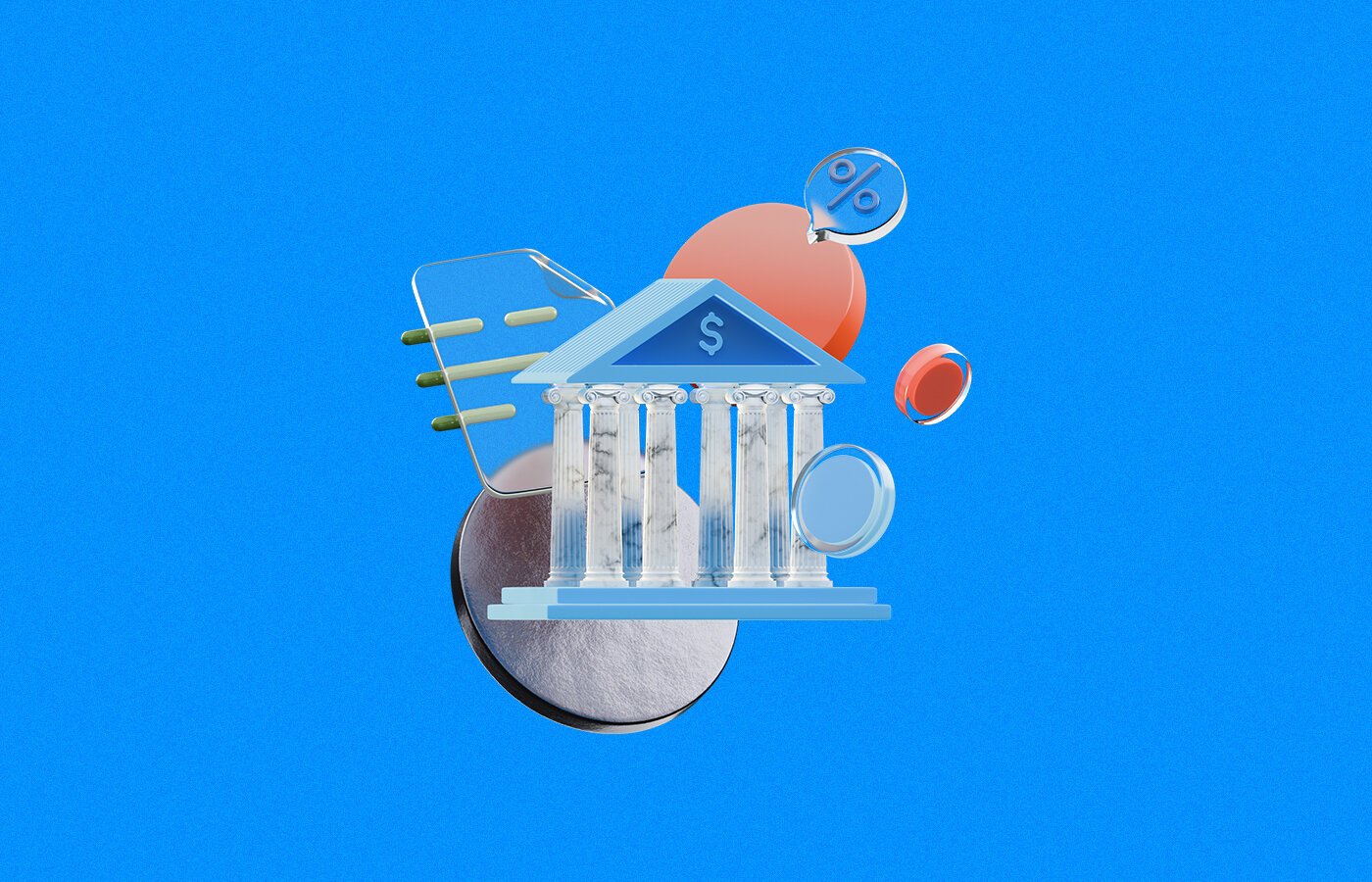blog
The Role of Blockchain in Modern Banking Systems
By Mohan S Business Software development Digital transformation November 19, 2024

As financial institutions face growing pressure to deliver faster and more reliable services, blockchain is a technology that is paving the way for the future of banking.
Imagine a system so secure that fraud becomes almost impossible and transparency is guaranteed. This is the power of blockchain, and it’s not just for tech giants or crypto enthusiasts; banks are now using its potential to reshape how we manage and move money.
You may like to read: Transforming the Future of Banking with AI
Blockchain in Banking - Market Overview
The global blockchain in the banking market is growing rapidly, projected to reach USD 69 billion by 2030, with a CAGR of over 68%. Financial institutions are increasingly adopting blockchain to streamline processes like payments, settlements, and compliance.
Prominent banks such as JPMorgan Chase and HSBC have already embraced blockchain to reduce costs and improve efficiency, setting a precedent for widespread adoption in the industry.
The Pivotal Role of Blockchain in Banking
Blockchain is a decentralized digital ledger where transactions are securely recorded and verified across a network. Once added to the chain, data can't be altered, ensuring both transparency and security—making it perfect for financial transactions and a true game-changer for the banking industry.
You may like to read: How is AI Leading the Way for Fintech
Blockchain platforms like Ethereum, Corda, and Hyperledger Fabric provide the infrastructure needed to implement blockchain, offering tools for secure transactions, data privacy, and smart contracts. Each platform caters to different banking needs, from automation to scalability and permissioned access.
A Juniper Research report suggests that blockchain deployments could save banks up to $27 billion in cross-border settlement costs by 2030, cutting expenses by over 11%.
Banks can take advantage of blockchain in several ways. Here are some standout benefits:
Enhanced Security: Encrypted transactions protect against fraud and cyberattacks.
Faster Settlements: Real-time processing speeds up cross-border payments and trade settlements.
Lower Costs: Eliminating intermediaries reduces transaction and administrative fees.
Transparency: Immutable transaction logs ensure accountability and offer real-time access to transaction histories.
Improved Compliance: Simplified tracking of regulatory compliance through transparent records.
Decentralization: Reduces risks from centralized control, enhancing system resilience.
Smart Contracts: Automates enforcement of terms, reducing errors and delays while enhancing trust.
Increased Efficiency: Fewer intermediaries and automated processes streamline operations, improving overall efficiency.
These advantages collectively position blockchain as a major disruptor among rising technology in modern banking, offering secure, cost-effective, and efficient solutions.
Most Impactful Use Cases of Blockchain in Banking
Building on its transformative potential, blockchain continues to address inefficiencies and enhance operational capabilities within the banking sector. From ensuring secure transactions to streamlining complex processes, its applications are seamlessly reshaping how banks operate.
Here are some of the most impactful ways blockchain is making strides in banking:
1. Cross-Border Payments
Blockchain enables near-instantaneous international transfers at lower costs. Ripple, for instance, facilitates real-time settlements, making it a popular choice for banks like Santander and American Express.
2. Fraud Prevention and Security
With immutable records and encryption, blockchain mitigates risks of fraud and data breaches. HSBC uses blockchain to improve transaction security and detect suspicious activities.
3. Trade Finance
Blockchain streamlines the traditionally paper-heavy trade finance process by digitising documents and automating workflows. Platforms like we.trade simplify processes, reducing transaction times and errors.
4. KYC and Identity Verification
Blockchain reduces the redundancy of KYC processes by allowing banks to share verified customer data securely. This innovation saves billions annually in compliance costs.
5. Loan and Credit Management
Smart contracts automate the lending process, ensuring that disbursements occur only after predefined conditions are met. It eliminates manual errors and speeds up approvals.
6. Digital Asset Management
Banks are leveraging blockchain to securely store and manage digital assets like cryptocurrencies. Goldman Sachs and Citi are actively exploring tokenisation of securities.
Implementing Blockchain in Your Organisation
While the benefits of blockchain are undeniable, implementing this transformative technology involves careful planning and execution. From identifying organisational needs to overcoming technical and regulatory challenges, adopting blockchain technology in a banking organisation requires a strategic approach that can span over months to years.
This section outlines the key steps and hurdles involved in successfully integrating blockchain into banking operations.
Steps to Adopt Blockchain
Assess Organisational Needs: Identify pain points blockchain can address.
Choose the Right Platform: Select from Ethereum, Corda, or Hyperledger based on requirements.
Build a Proof of Concept (PoC): Test the solution's feasibility on a small scale.
Ensure Compliance: Meet regulatory standards for data privacy and security.
Scale Gradually: Implement blockchain in phases to manage risks effectively.
Addressing Key Hurdles
Regulatory Uncertainty: Establishing clear guidelines for blockchain use in banking remains a challenge.
Integration with Legacy Systems: Adapting blockchain to existing infrastructure requires significant investment.
Scalability Issues: Blockchain networks often struggle with high transaction volumes.
Stakeholder Resistance: Convincing stakeholders of blockchain’s ROI demands robust evidence of its benefits.
Conclusion
Blockchain technology is a force reshaping the very foundation of banking, but disruption doesn’t happen overnight. The road to full integration will present many challenges. It remains to be seen to what extent blockchain will transform the banking industry, but it will bring in some inspiring changes for certain.


